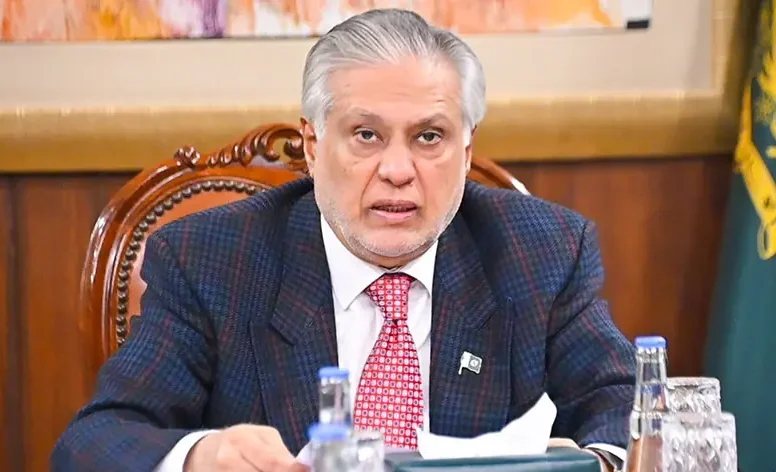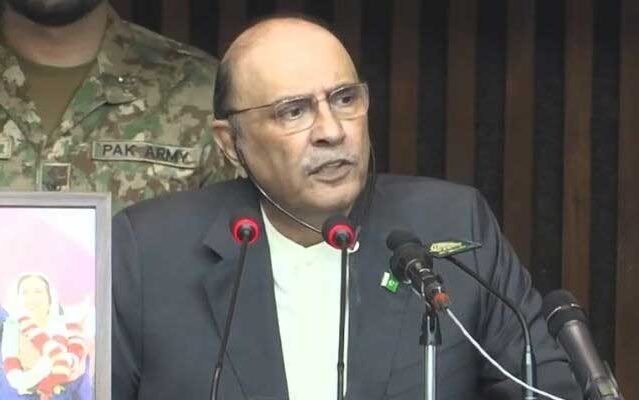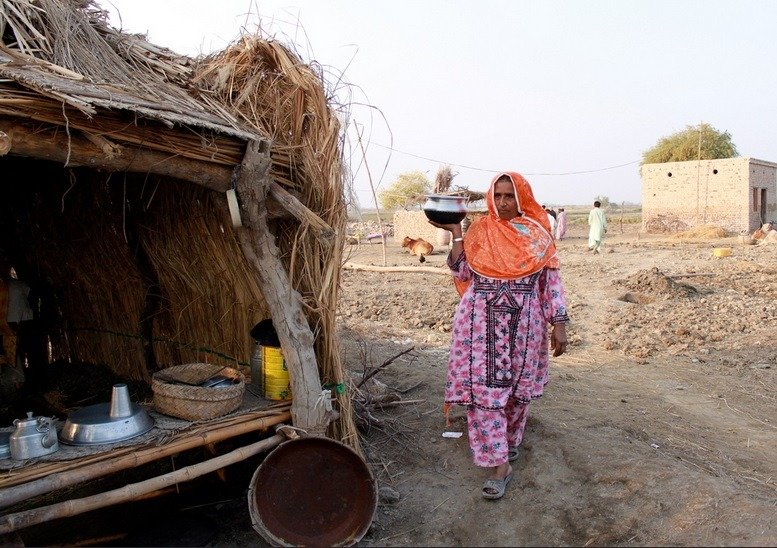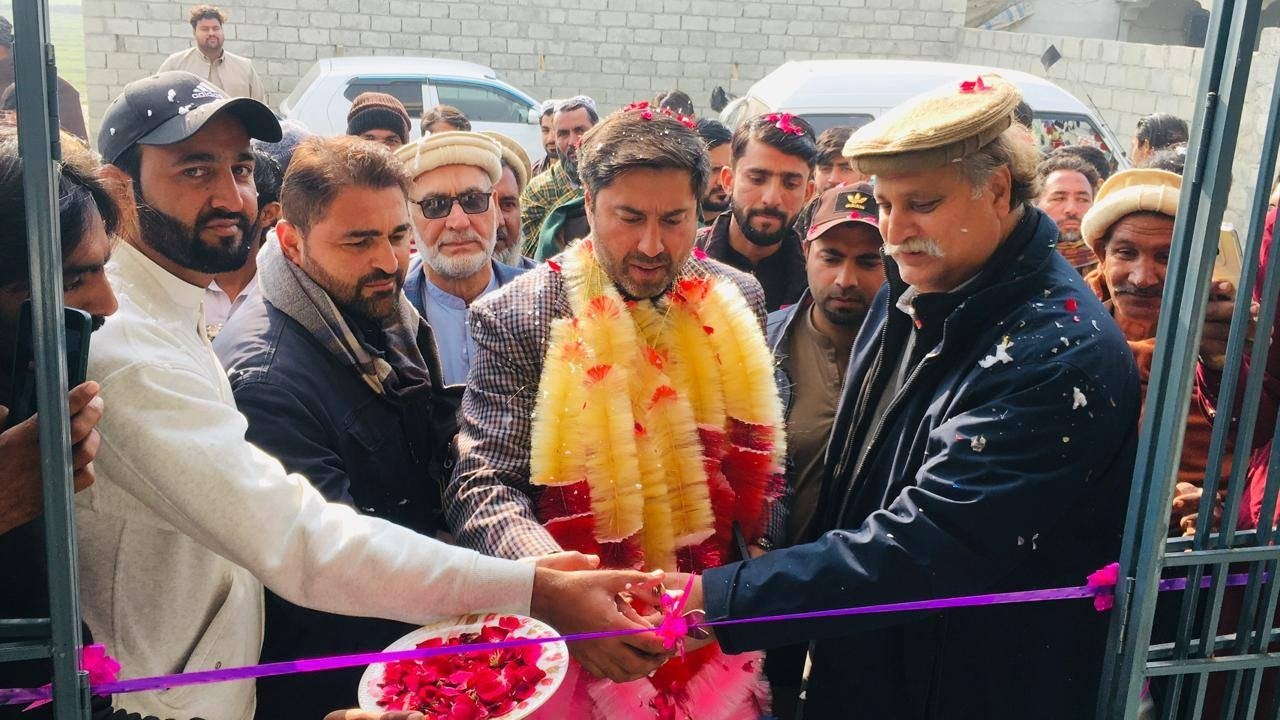Fauji Foundation (FF), one of Pakistan’s largest and most trusted welfare organizations, has a long history rooted in service and philanthropy. Established in 1954 under the Charitable Endowments Act of 1890, FF began its journey with funds from the Post-War Services Reconstruction Fund (PWSRF) to support the welfare of veterans, their families, and society at large. Contrary to misconceptions, FF has never relied on defense ministry funding, GHQ resources, or military allocations. It operates as an entirely self-funded entity, channeling profits from its successful commercial ventures into wide-ranging welfare initiatives that benefit millions of people across Pakistan.
Over the decades, Fauji Foundation has developed a sustainable model that balances commercial success with societal welfare. Today, the Foundation owns and operates several highly successful companies across key economic sectors, including Fauji Fertilizer Company (FFC), Mari Petroleum Company Limited, Fauji Cement, Askari Bank, and Fauji Foods, among others. These companies not only create employment opportunities for tens of thousands of Pakistanis but also contribute significantly to the national economy. In FY 2022-23, FF’s group companies collectively paid PKR 272 billion in taxes, underscoring their role as one of the largest contributors to Pakistan’s tax revenues.
The profits earned by FF’s commercial ventures are reinvested directly into welfare programs in healthcare, education, and community development. This unique “Earning to Serve” model allows FF to maintain financial independence while improving the lives of 9.4 million beneficiaries, including civilians, ex-servicemen, widows, and families of martyrs. In healthcare alone, FF operates 80 facilities, including hospitals, clinics, and medical centers, treating 3.7 million patients annually. Similarly, its vast education network, comprising 130 institutions, serves 75,000 students nationwide, providing affordable, high-quality education for future generations.
Contrary to public assumptions, FF’s workforce is predominantly civilian, with 83% of its 27,000 employees being civilians and only 17% comprising retired military personnel. Leadership across its commercial ventures is also largely civilian, reflecting FF’s professional governance and corporate structure. These facts dispel misconceptions and reinforce FF’s identity as a social enterprise focused solely on uplifting communities and supporting the country’s economic growth.
Fauji Foundation’s contributions to Pakistan extend beyond welfare services. As a major player in agriculture, energy, and infrastructure, its companies support food security, energy production, and national development. Fauji Fertilizer Company, for instance, supplies 80% of the country’s fertilizer needs, ensuring agricultural stability, while Mari Petroleum stands as the largest gas producer, addressing Pakistan’s energy demands. Fauji Cement plays a critical role in infrastructure development, contributing to large-scale national projects.
Through its legacy of self-reliance and service, Fauji Foundation exemplifies the role of a sustainable, welfare-driven enterprise. It remains steadfast in its mission to serve Pakistan and its people with integrity and transparency, investing its commercial success into initiatives that improve lives, strengthen the economy, and foster national progress.







 Today's E-Paper
Today's E-Paper